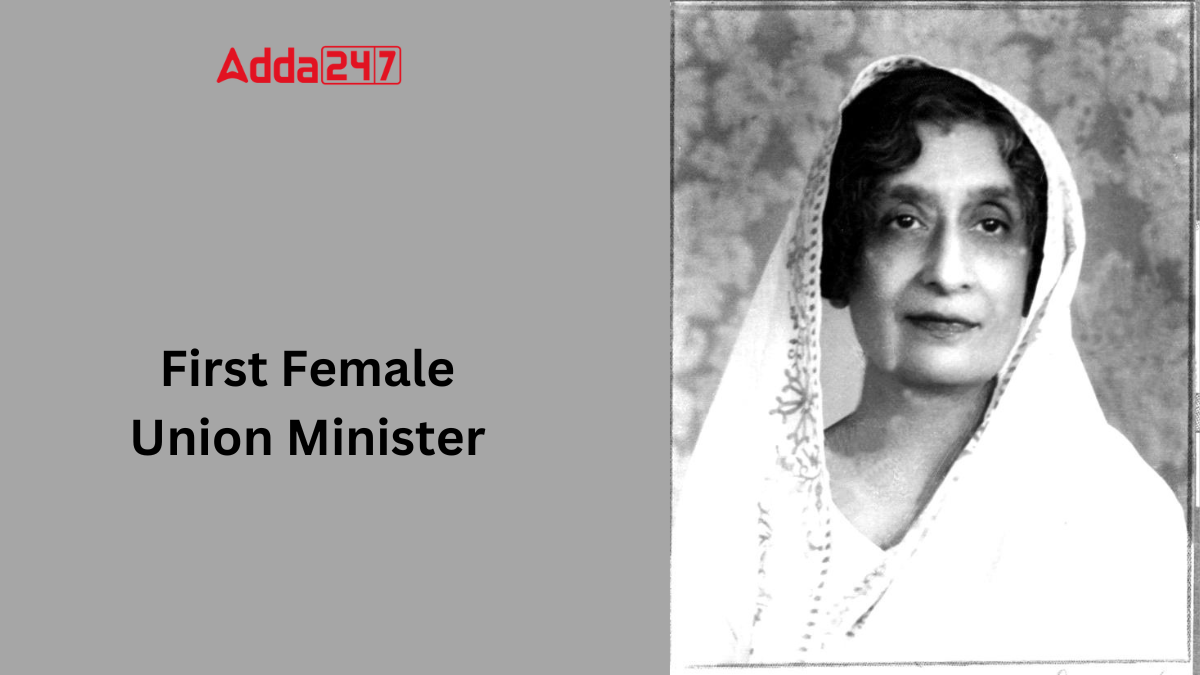Rajkumari Amrit Kaur was a pioneering Indian politician and activist, known for her significant contributions to the Indian independence movement and her role as India’s first female Health Minister. She was a key figure in shaping India’s healthcare system and promoting women’s rights.
Early Life and Education of Rajkumari Amrit Kaur
Born on February 2, 1887, in Lucknow, India, to Raja Sir Harnam Singh Ahluwalia and Priscilla Golaknath, Amrit Kaur grew up in an aristocratic family with a unique blend of Indian and Christian influences. Raised as a Protestant Christian, she was educated at Sherborne School for Girls in England and later at Oxford University. She returned to India in 1918 with a strong desire to contribute to her country’s progress.
Role in the Independence Movement
Upon returning to India, Kaur was deeply influenced by Mahatma Gandhi and joined the Indian National Congress. She was actively involved in the independence movement, participating in key events such as the Dandi March and the Quit India Movement. Her work included advocating against child marriage, purdah, and the devadasi system. Kaur co-founded the All India Women’s Conference in 1927 and became its president in 1933, playing a crucial role in social reform.
Role of Rajkumari Amrit Kaur in the Constituent Assembly
Following India’s independence in 1947, Kaur was elected to the Constituent Assembly of India. She was involved in the drafting of the Indian Constitution and advocated for universal suffrage and minority rights. Her contributions to the Assembly helped shape India’s democratic framework and protect the rights of various communities.
First Female Union Minister
On August 16, 1947, Amrit Kaur was appointed as India’s first Health Minister, a position she held until April 16, 1957. Her tenure marked significant advancements in India’s healthcare sector. She led initiatives to combat malaria, tuberculosis, and other diseases, and was instrumental in the largest B.C.G vaccination program in the world. Kaur also founded the All India Institute of Medical Sciences (AIIMS) in 1956, which was established to provide high-quality medical education and research in India.
Contributions to Women’s Rights and Social Platform
Kaur was a staunch advocate for women’s rights and worked towards eradicating illiteracy and harmful social practices. She promoted women’s education and worked to improve the status of women in Indian society. Her efforts were not limited to health; she was also involved in the Indian Red Cross and various other organizations aimed at social welfare.
Legacy and Recognition of Rajkumari Amrit Kaur
Rajkumari Amrit Kaur’s legacy is marked by her tireless work in improving public health and advancing women’s rights in India. Her contributions were recognized with several honors, including the Rene Sand Memorial Award and being named TIME Magazine’s Woman of the Year in 1947. She remained active in various capacities until her death on February 6, 1964, in New Delhi.




 Which Country is known as the Land of Co...
Which Country is known as the Land of Co...
 7 Countries that Celebrate Holi Like Ind...
7 Countries that Celebrate Holi Like Ind...
 Which is the Longest River of Afghanista...
Which is the Longest River of Afghanista...








